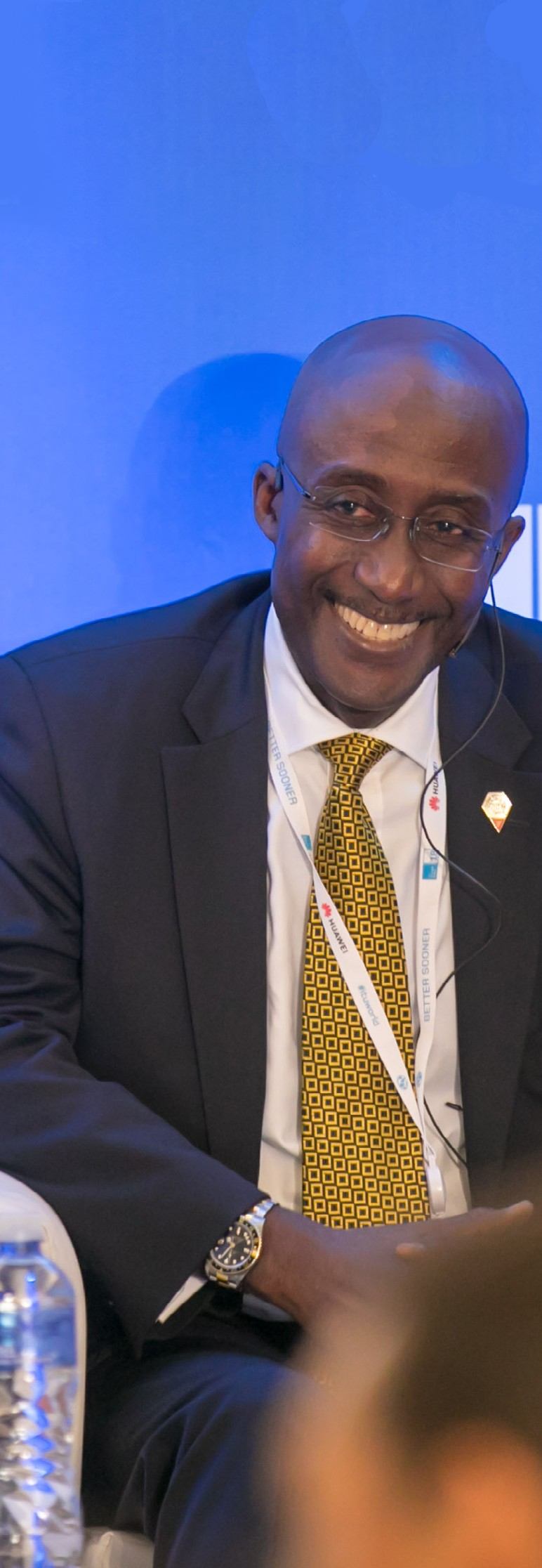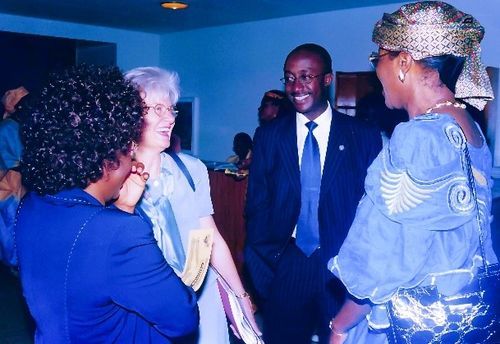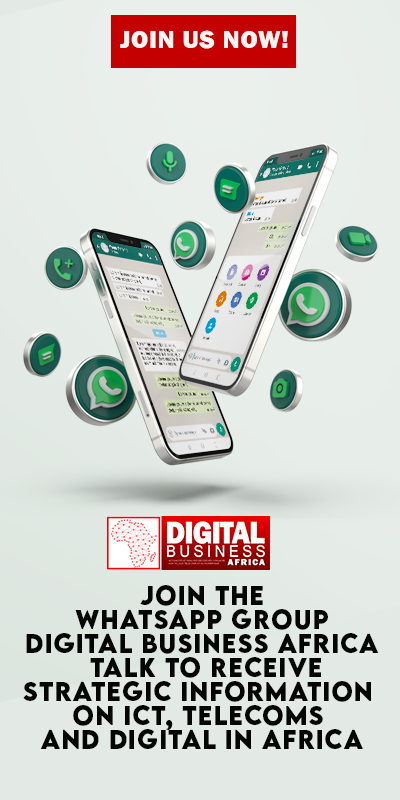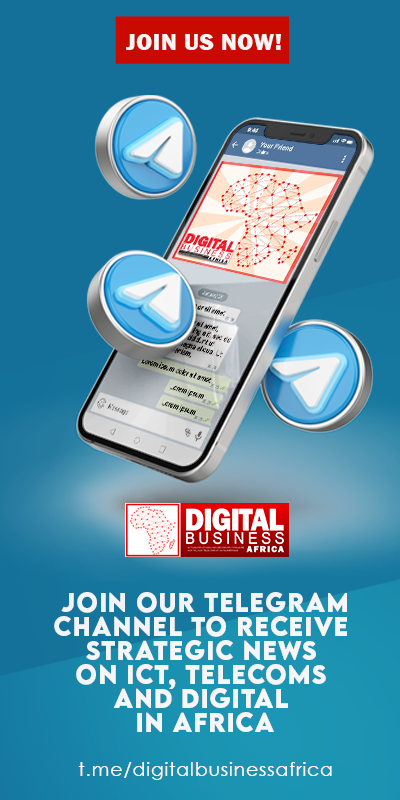[DIGITAL Business Africa] – The International Telecommunication Union (ITU) Plenipotentiary Conference 2022 (PP-22) will take place at the Palace of Parliament of Bucharest, the Romanian capital, from 26 September 2022 to 14 October 2022.
The ITU Plenipotentiary Conference is the ITU’s supreme governing body. It is the largest meeting of the United Nations telecoms and digital agency. ITU’s Plenipotentiary Conference is held every four years, convening representatives of the organization’s 193 Member States to oversee global radio spectrum allocation, the creation of global technical standards for information and communication technology (ICT) networks and services, and efforts to promote digital inclusion in under-served communities. PP-22 is also to set ITU’s general policies, adopt four-year strategic and financial plans, and address key ICT issues as requested by ITU Members.
Furthermore, the conference will elect ITU’s next Secretary-General, Deputy Secretary-General, and Directors of the Bureaux of the Radiocommunication Sector, the Telecommunication Standardization Sector, and the Telecommunication Development Sector, along with the members of the Radio Regulations Board.
The Plenipotentiary Conference also elects the Member States that constitute the next ITU Council, which acts as ITU’s governing body in the interval between plenipotentiary conferences.
DIGITAL Business Africa has chosen to introduce you to the Africans who aspire to lead the ITU bodies and the opportunities and strengths of these African candidates and the countries aspiring to join the ITU Council.
Today we speak to Alexander NTOKO, a candidate from the Republic of Cameroon, for the position of Director of the ITU Telecommunication Development Bureau.
DIGITAL Business Africa: You are a candidate for the position of Director of the Telecommunication Development Bureau (ITU). What motivates your candidacy?
Alexander NTOKO: As you all know, today, the world faces several global challenges: climate change, hunger, conflicts, pandemics, lack of connectivity, and wars to name a few. The promise of the Sustainable Development Goals was to achieve them by 2030. We are now only 8 years away and a lot of progress is still to be done.
No matter the challenges faced, technology continues to evolve at the fastest speed ever seen. We see new ICT trends such as Artificial Intelligence, blockchain, the Web 3, the metaverse and NFTs. And ICTs continue to be essential in all aspects of life, but not everyone has access to them.
With activities that have benefited more than 150 countries from all regions of the world, the lead role in developing many innovative ICT solutions for developing countries, and more than 40 citations in academic and scientific publications in different languages, I am privileged to have acquired experience over the years and solid knowledge of rapidly changing technologies to provide neutral and objective guidance to countries so that we can make significant and measurable progress towards meeting the UN SDGs. I have what it takes to lead the Bureau responsible for implementing ITU’s development mandate. That is what motivates my candidacy. We now need to implement the actions we have been talking about for years. This will firmly establish ITU-D as the premier platform for ICTs for Development.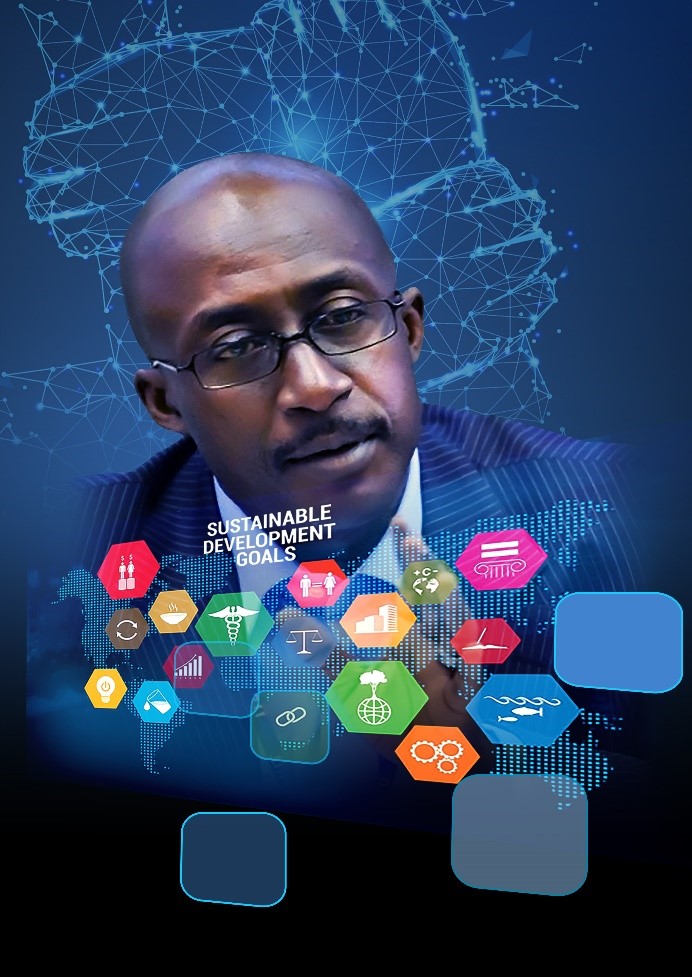
DIGITAL Business Africa: You have based your vision on three pillars below: Accessibility, inclusion, and diversity; Connecting the unconnected and bridging the wider digital divide and finally pillar 3 Empowering entrepreneurial youth globally. Each of those pillars is important to you. How could you resume shortly the importance of those three pillars?
Alexander NTOKO: The three pillars on which my vision is based are also three key pillars on which the development of society is created. Without ensuring that all are included in the conversation, that we have different points of view, that we can see the world through a different lens, that all can be connected and that everyone is empowered to follow their dreams and respective ambitions, society cannot function.
These three pillars are a must and not just a vision. They must happen for citizens and countries to advance.
Diversity and inclusion are not just in thought but also in the solutions provided to ensure that all groups of the population are represented. Connectivity equals opportunity as without being able to connect many are unable to access the latest opportunities out there.
Sometimes individuals cannot fulfil their potential because they simply are not aware of what is out there for them to apply to. This is what connectivity gives you, the world in the palm of your hand.
Lastly empowering youth is a must as the world and especially the African continent has a huge thriving youth population which needs to be catered towards. We need to ensure that youth will be given the tools to carve their own path toward the future.
DIGITAL Business Africa: What is the most important pillar according to you? And why?
Alexander NTOKO: There is not one most important pillar. They are all interconnected, and they come together. It is like choosing eating versus drinking, they are both key and they must both be ensured. Connectivity without diversity and inclusion or accessibility will still leave citizens behind. Empowerment of youth without connectivity does not work. The pillars I propose stand on their own but are stronger together. If we work on all of them, we will be able to achieve the SDGs.
DIGITAL Business Africa: According to you, a smart Incubator is a concrete step to empower entrepreneurial youth from the most remote areas to build their start-ups and solutions based on global standards. How do you plan to achieve this and develop smart incubators in remote areas in Africa?
Alexander NTOKO: The Smart Incubator is not a concrete step only; it is a reality. Start-ups have graduated from it and moved on to forge relations with companies and investors. The first pilot I launched quickly demonstrated the need to empower youth when it comes to innovation and entrepreneurship. Africa is already filled with brilliant innovators, who are looking for support to move to the next level. I merely observed and provided the tools to empower youth to step up and bring their innovations to another dimension with the help of global, open, interoperable, and non-discriminatory technical standards.
When it comes to such projects, proving the model is usually of key importance and is what takes the most time. We have proven the model and it even has success stories. The next steps are now to replicate in countries who have expressed their interest.
DIGITAL Business Africa: What place will have Africa in your actions if you are elected ITU’s director of the Telecommunication Development Bureau?
Alexander NTOKO: Diversity and inclusion are one of my key priorities, therefore it is important that the African voice is present and heard when it comes to the work of the ITU specifically and the entire UN more widely.
However, I am a representative of the people, their problems, needs and solutions. In my long career, I have witnessed that it is not about one country or continent, as the needs and problems are many times very similar.
During my time as Director of BDT, I plan to bring the higher-level vision and coordination needed in all regions so that we can all benefit, learn from and exchange with each other. Africa of course has a special place in my heart given that I am from the continent, but I am committed to ensuring that everyone worldwide receives the same opportunities as others, and we can do this by ensuring the implementation of the three pillars mentioned in my programme.
DIGITAL Business Africa: Tell us about yourself. Who is Alexander Ntoko, what is your experience in the telecommunications sector and for how long have you been working for ITU?
Alexander NTOKO: Cameroonian, born in Buea, Cameroon, I joined ITU as a young Computer Scientist in March 1990 with BSc and MSc degrees in Computer Sciences from the State University of New York, USA. In my 32 years in ITU, I have been in the General Secretariat, BDT and TSB for almost approximately 10 years in each part of the Union.
In the early 1990s, I led the introduction of Internet services within ITU and started assisting developing countries in their efforts to be connected and use this new platform.
In 1996, I led the design development and implementation of ITU’s e-commerce platform which globally, was one of the first in the world to sell and deliver products (digital) online.
In 1997, I led the project that brought the Internet into my country, Cameroon and later, assisted other countries in the acquisition and management of their country-code top-level domains. Related to this, I wrote and published a technology policy paper on why Africa must have its own Registry for the management of public Internet addresses.
In 1998, at the WTDC-98 in Valetta, Malta, I made a live demonstration of an e-commerce platform in which I played a lead role in its development. This ITU solution was used to launch This platform was the basis for a new ITU initiative called Electronic Commerce for Developing Countries or EC-DC. 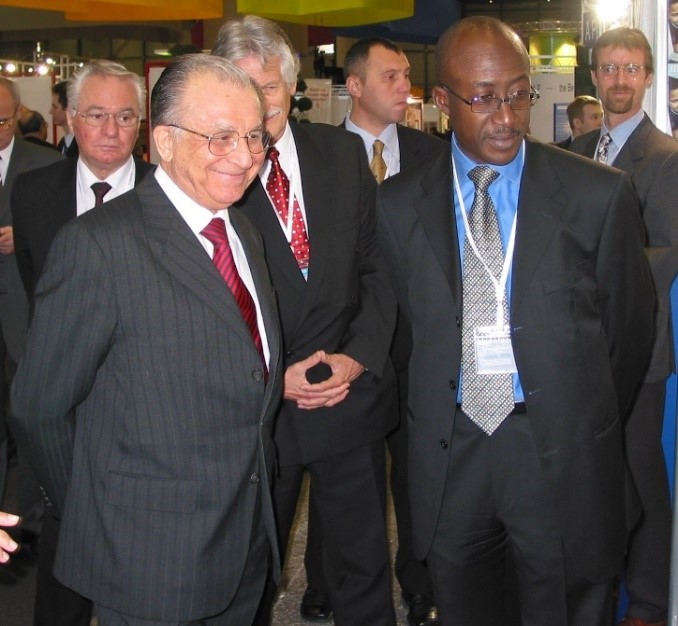
EC-DC received an award for innovation at the Global Bangemann Project Challenge in Stockholm, Sweden. Articles were written about this innovative platform by Time Magazine and other major press as an important global initiative which was aimed at bringing this technology to developing countries.
In the early 2000s, I led in the introduction of advanced encryption and biometric authentication to countries to increase security and trust in online services provided via the internet.
At WTDC 2002 in Istanbul Turkey, ITU membership adopted the creation of a new program which I managed, extending and mandate of ITU-D in areas such as e-security, e-health, e-government, e-agriculture, e-commerce, Internet, etc.
In 2003 at the Summit for Heads of State (WSIS phase 1), I played an important role by demonstrating how ICTs had been used in areas such as agriculture, commerce/trade, government services etc. This attracted press and Head of States to visit this stand. These are projects I implemented or initiated as the expert, which I strongly believed had a positive impact in those countries and regions.
In 2007, I led the design and development of the ITU Global Cybersecurity Agenda (GCA) as the framework for international cooperation in Cybersecurity. At its peak, there were more than 150 countries participating making it at the time, the largest framework for international cooperation in cybersecurity. The GCA framework is still considered important today for many countries including those in the African continent.
For the past 10 years now, as Chief of the Operations and Planning Department of TSB, I have direct activities where innovative applications based on AI, blockchain and IoT are developed.
I launched the ITU Smart Incubator initiative to integrate innovation with standardization to empower startups led by young people in developing countries to bridge the standards gap.
In Feb 2021, ITU received the Geneva Engage Awards for innovation on a platform for remote participation developed under my leadership.
More than 150 countries directly benefit, physical presence in some 100 countries from all regions of the world, pioneering efforts in innovative uses of ICTS in developing countries, and more than 40 citations in academic and scientific publications in different languages are some of the numbers related to my 32 years of work in ITU.
DIGITAL Business Africa: Did the President of the Republic support your candidacy for this position at the ITU?
Alexander NTOKO: Yes, His Excellency Paul Biya supported my candidacy for this position. My candidacy was supported first by the Minister of Posts and Telecommunications, the Prime Minister, and the President of the Republic of Cameroon. On 3 February 2022, the Minister of State, Secretary-General at the Presidency, formally informed the Minister of External Relations, Minister of Posts and Telecommunications and the Secretary-General of the Prime Minister’s Office of the formal approval and support of my candidacy by the President of the Republic of Cameroon.
Interviewed by Beaugas Orain DJOYUM, Digital Business Africa


